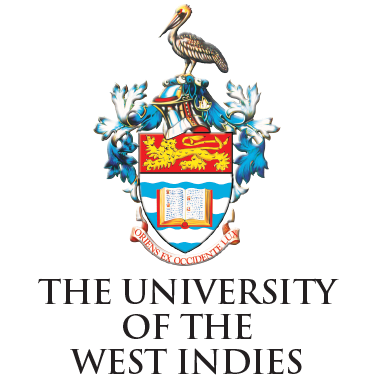
Writing inclusivity into being: build enabling cultures through policy development
Language is a powerful factor through which inclusive cultures can be cultivated or undermined in higher education institutions. Sue Ann Barratt looks at how putting values down in words can drive positive change
You may also like
Popular resources
Higher education institutions grapple with multiple intersecting needs that complicate the capacity to cultivate development in all its forms and promote the curiosity, creativity and critical perspectives crucial to the creation of new knowledge. Falling enrolment rates, financial constraints, global insecurities (health, climate, political, etc), the currency of hybrid and blended learning, and the need for market readiness among graduates seeking employment all present challenges. Rooting business practice, pedagogy and research in diversity, equity and justice establishes a sustainable response to such needs. Inclusive culture, taken as a space, a principle, a value, that embraces different ways of knowing and doing – identities, contributions, skills, perspectives – is the key condition for success. To ensure that such a culture is the norm rather than an elusive ideal, it must be formalised and mainstreamed through policy intervention.
The University of the West Indies (The UWI) clarified its priorities through the UWI Gender Policy, making it the first institution in the English-speaking Caribbean to develop such a policy of equity, diversity and inclusion. The policy sets out in writing the institution’s affirmation, for all staff, students and other stakeholders, the fundamental principles of gender equity and diversity, and non-discrimination based on gender and sexuality in all the policies, programmes, practices and structures within the university and in its external relationships in the Caribbean region and beyond.
- Resource collection: how to overcome challenges to gender equality in higher education
- Pride in HE: how to create an inclusive community online
- Resource collection: the rainbow university
Gender, as an intersectional identity, is the ideal entry point for mainstreaming inclusivity as it draws in considerations of race, ethnicity, class, age, religion, ability and more, that often define difference, fluidity and variability. Such articulation of core values, approaches to action and transformation, and recommendations for desired behaviour, demystify and clarify aims and expectations.
Culture, customs, practices are thus subject to reflection, evaluation and modification to address and mitigate systemic biases and to create sustained safe environments for inclusion. Protections are enshrined, and the promotion of justice is supported at all levels of engagement and institutional practice. The language of the policy embeds that which is considered most crucial to achieving ways of speaking and interacting that cultivate its goals – for example, the use of gender inclusive language that respects diverse ways of being and doing.
Although not a policy intervention, guidelines for the use of non-sexist language recognise that language is the major form of human communication and thus a vital part of human culture and inclusive culture.
It is through language that we see and express power, and reflect dominant ways of knowing in community, which often express inequity, prejudice and stereotypes and perpetuate attitudes contrary to principles of equity, diversity and inclusion. Through the provision of real-life scenarios where sexist and phobic language (homophobic and transphobic) may occur, such guidelines can clarify how language can be used in a non-discriminatory manner that promotes equal opportunity and social inclusion, through how we express our understanding of each other.
Effective guidelines should centre the importance of expressing respect and embracing difference through the process of creating new knowledge and developing mutual understanding. They should discuss and model address forms and titles, face-saving strategies and silencing, context factors and relationships, protocols, politeness and compliments, invitations and references to profession, and importantly, labelling of identity and sexuality. Such explanations may not in themselves change belief systems or erase implicit biases, but they do reveal blind spots that undermine inclusive practice in context.
Fundamentally, social, material and political relations function through articulated value. Recognition rests both in informal and habituated elements of human social interaction, and in formal and mainstreamed institutional frameworks and structures that shape how we operate. Through articulated values and guidelines, an institution can clarify for all stakeholders the rules of engagement and understanding and the framework for expression that builds inclusive cultures that sustain business practice, pedagogy and exploration in times of increasing insecurity.
Sue Ann Barratt is head of the Institute for Gender and Development Studies (IGDS) at The University of the West Indies.
If you would like advice and insight from academics and university staff delivered direct to your inbox each week, sign up for the Campus newsletter.




